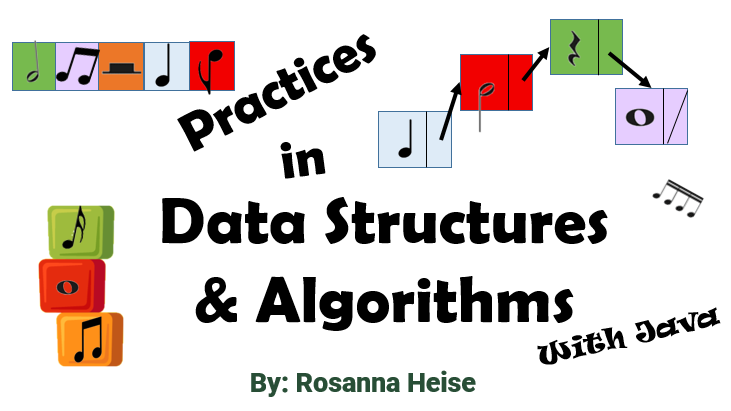Learning To Code#
Many students enter Computing Science with the idea that computers are magic and that they are better than humans for doing whatever we request of them. Let’s throw those myths away. Computers do only exactly what they have been told to do. This may make them seem to be better than humans, but alas, only when the code that is running makes happen what we are expecting.
How does one learn to code, or to program? Like most things, coding takes a lot of practice. Think of being a violin player[1].

Would you be a good violin player if you only played the violin for an hour once a week? Or for a week, solid, every four months? I encourage you to program a little every day, so that by the end of the semester you will see great progress.
There are at least two ways you can approach this course:
Finish the assignments quickly and only at the last minute, being happy with a “working” [2] product, or
Code a little on most days, ask many questions, struggle to understand why a piece of code works, and read more where concepts are fuzzy, being happy with both a “working” product and a better understanding of computers and coding.
I believe you will have a higher level of success if you approach this course with the second possibility. Be curious, and wanting to learn, and don’t just think about “getting a good mark”. If something seems too simple, try to see what the point is. If something is difficult, investigate further and ask questions.
